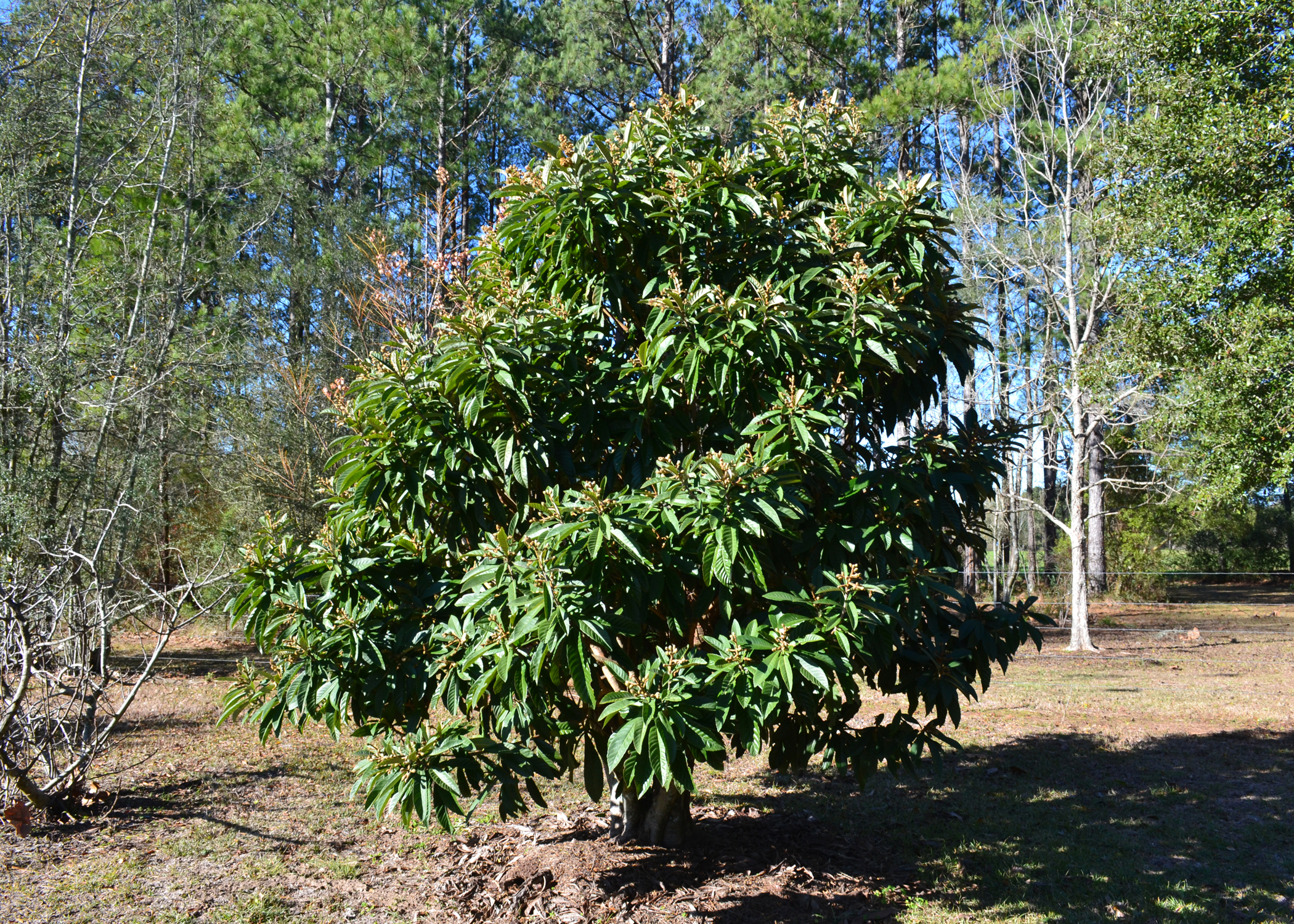Easy loquat trees offer winter fruit
Published 10:24 am Monday, February 5, 2024
By Eddie Smith
MSU Extension Service
Did you know there is a tree that produces fruit in late winter and early spring?
That tree is the loquat, and as I drive around Mississippi on these cold winter days, I have noticed many of them in gardens and landscapes. With their evergreen elegance and delectable fruit, loquat trees add a bit of subtropical charm.
Native to southeastern China, these members of the rose family — Rosaceae — have found a home in various climates. They can be grown in U.S. Department of Agriculture plant hardiness zones 7 to 10, but because the fruit must go through the winter, a bountiful harvest is much more likely to occur in central and south Mississippi.
These trees are a visual delight, boasting leathery, lance-shaped leaves, tapering from a rounded base toward the apex. These large leaves are 4-10 inches long and 2-4 inches wide, growing in clusters at the ends of gracefully arching branches.
The dark green upper surfaces of the leaves contrast with the lighter hues on the undersides to create a vibrant tapestry of green.
As the seasons unfold, delicate blooms emerge in late fall to early winter. These fragrant clusters of white or off-white flowers measure about 1 inch in diameter and have five petals arranged in a star-shaped pattern.
The highly scented flowers can be smelled from a distance, filling the air with their sweet, citrusy scent. This fragrance attracts bees and other pollinators, ensuring that the flowers are adequately pollinated, and the tree will produce a good crop of fruit.
The true allure of loquat trees lies in their delectable fruit.
The loquat’s small, round or oval-shaped fruit measures about 1-2 inches in diameter and has a thin, fuzzy skin that that is yellow or orange. The fruit is juicy, sweet and tangy, tasting like a combination of peach, apricot and mango.
When fully ripe, the soft fruit can be eaten fresh or used in various food applications, including jams, jellies and desserts. It is a favorite among those who appreciate nature’s culinary treasures.
Loquat trees thrive in full sun to partial shade in well-drained soil. These trees prefer locations sheltered from harsh winds. Once established, they are surprisingly low maintenance, adding to their appeal for both seasoned gardeners and novices.
When planting a loquat tree, keep in mind that they can grow up to 25 feet tall and 10 feet wide. You can prune them to maintain a height that makes it easy to harvest fruit.
If you are looking for an easy-to-grow fruit tree to provide you with a tasty treat in late winter and early spring, I recommend you consider planting a loquat tree.






